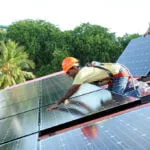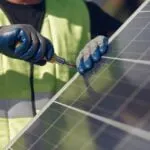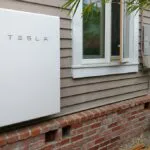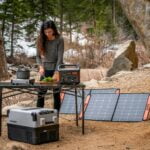Solar energy is rapidly gaining popularity among homeowners who want to reduce their carbon footprint, save on energy costs, and tap into a renewable power source. With the sun providing a plentiful and eco-friendly energy supply, it’s no wonder more people are considering installing home solar panels. This guide will delve into the basics of residential solar panels and help you choose the right solar energy system for your home.
1. Is my home suitable for solar panels?
Not every home is a good fit for solar. Factors like roof orientation, angle, shading from trees or buildings, and even local weather patterns all impact your system’s effectiveness. Your roof should also be in good condition—replacing it after installation can be costly. Before installing home solar panels, it’s worth having a solar professional conduct a site assessment to evaluate your home’s solar potential and identify any challenges upfront.
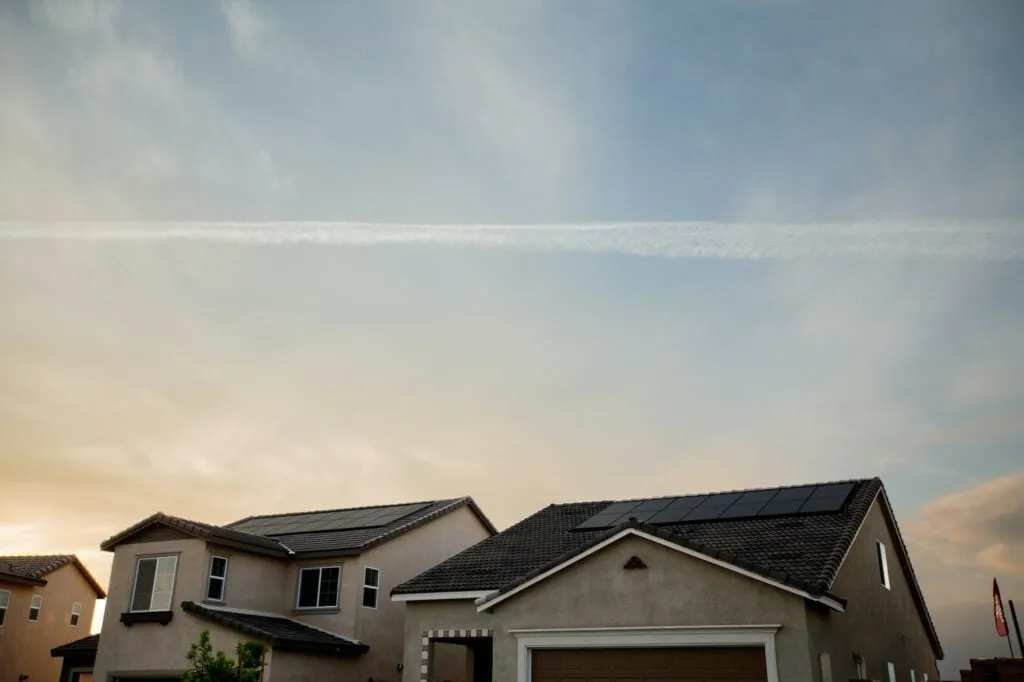
2. How much energy do I currently use?
Knowing your current energy consumption helps determine how many solar panels you need. Reviewing your electric bills from the past year will give a solid baseline. A correctly sized system can offset most or all of your usage, maximizing your return on investment. If you’re planning significant lifestyle changes—like buying an electric vehicle or adding central air—factor those in. When installing home solar panels, an accurate estimate ensures you’re not over- or under-building your system. Use this calculator as a guide.
3. What kind of solar panel system is best for my needs?
There are several types of solar setups. The most common is a grid-tied system that connects to your utility. Hybrid systems add battery backup for energy storage, while off-grid systems are fully self-sustained but more complex and costly. The right choice depends on your energy goals, budget, and concerns about power outages. Discussing these options with an installer will help you make the most informed choice when installing home solar panels.
4. What is the total cost, and what incentives or rebates are available?
The upfront cost of installing home solar panels can be significant, but incentives can dramatically reduce it. The federal solar tax credit (currently 30%) is a substantial savings opportunity (but may change), and many states or utilities offer additional rebates. Be sure to ask for a detailed breakdown of all costs—equipment, labor, permitting, and potential add-ons like monitoring systems or batteries. Understanding the complete picture helps you compare quotes fairly and avoid surprise charges later on.
5. What financing options are available?
Solar can be paid for in several ways: upfront with cash, through a solar loan, or via a lease or power purchase agreement (PPA). Each has pros and cons. Cash purchases offer the best long-term savings but require more upfront capital. Loans allow ownership with lower entry costs. Leases and PPAs may have no upfront cost but usually provide lower overall savings. Knowing your options when installing home solar panels helps you align the investment with your financial goals.
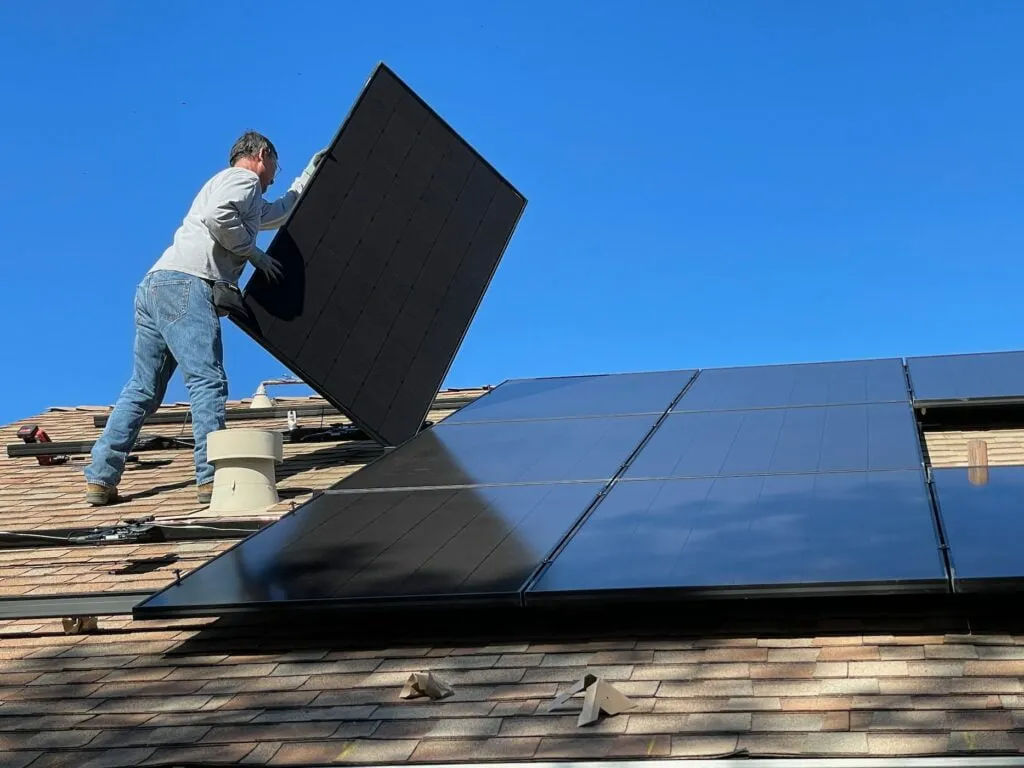
6. Who will install the system, and what is their track record?
Choosing the right installer is just as important as the equipment you buy. Look for companies with solid experience, positive customer reviews, and proper licensing and insurance. Ask about their previous installations, especially in your area or climate. A reputable installer will walk you through the process and be transparent about timelines and expectations. Don’t be afraid to get multiple quotes—installing home solar panels is a significant investment, and you deserve the best service.
7. What warranties come with the panels and installation?
Solar panels often come with 20- to 25-year performance warranties, but you’ll also want to know about warranties on the inverter, workmanship, and other components. A good installer should offer at least a 10-year workmanship guarantee. Warranties protect your investment if something goes wrong, whether a defective part or a poor installation. Before installing home solar panels, be sure you understand who’s responsible for what and how to make a claim if needed.
8. What are the maintenance requirements?
Solar panels are generally low-maintenance, but that doesn’t mean zero upkeep. You’ll need to occasionally clean them—especially if you live in a dusty or pollen-heavy area—and monitor their performance. Some systems include online tools or apps to help track output. Inverters or batteries may need service during their lifespan. Before installing home solar panels, ask about the recommended maintenance schedule and whether the installer offers service plans to make long-term care easier.
9. How will solar panels impact my home’s value?
Studies show that homes with solar panels often sell faster and at a premium compared to similar homes without. Buyers appreciate the lower energy bills and environmental benefits. However, the value added can vary depending on your location and whether the system is owned or leased. When installing home solar panels, it’s wise to consider the potential resale impact and keep documentation showing the savings and warranties to pass along to future buyers.
10. What happens if I move or sell my home?
Life happens—what happens to your solar system if you sell your home? If you own the system, it’s usually a selling point. However, leased systems or PPAs can be trickier; buyers may have to assume the contract, which not everyone is eager to do. Be sure to understand the terms of your agreement and how easily it transfers. Before installing home solar panels, discussing this scenario with your installer or financing company is worth considering.
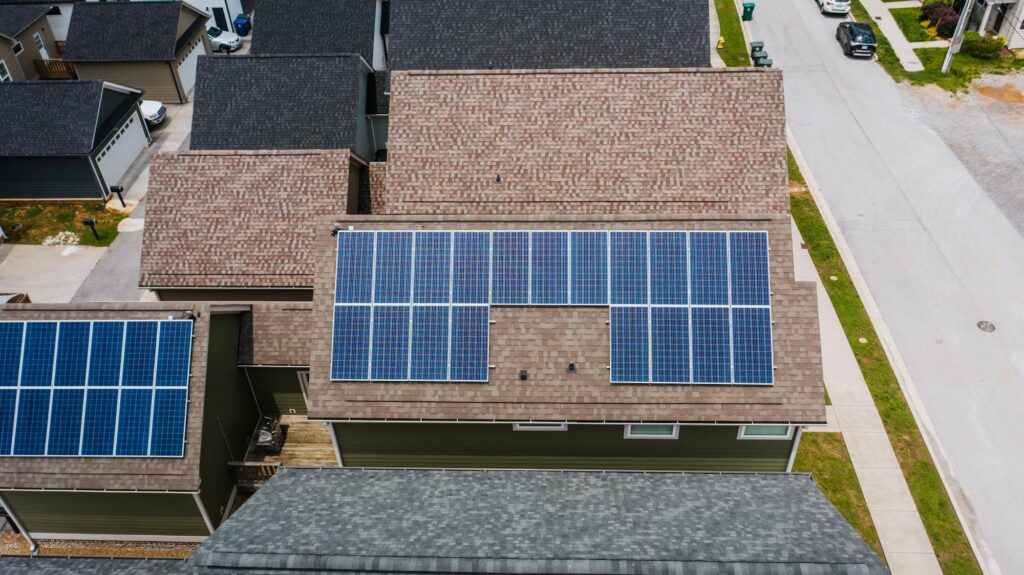
Ready to Take the Plunge?
Installing home solar panels is a big decision to save money, boost your home’s value, and reduce your environmental impact. But like any significant investment, it pays to ask the right questions upfront. From understanding your home’s solar potential to exploring incentives, warranties, and financing, each of these ten questions helps you make a more intelligent, more informed choice. By doing your homework now, you’ll set yourself up for long-term savings and satisfaction with your solar energy system.


